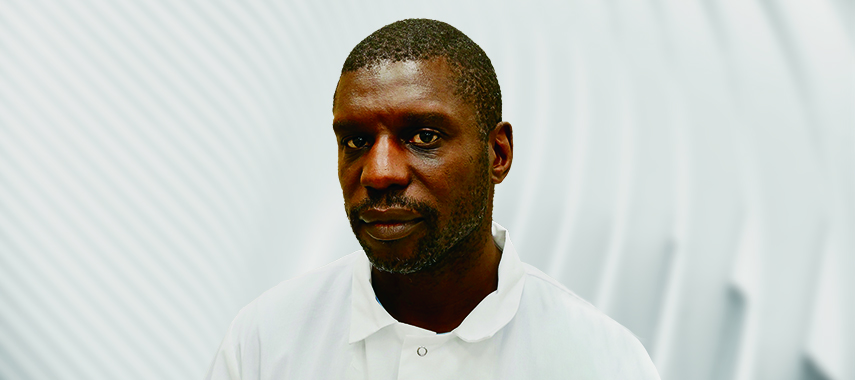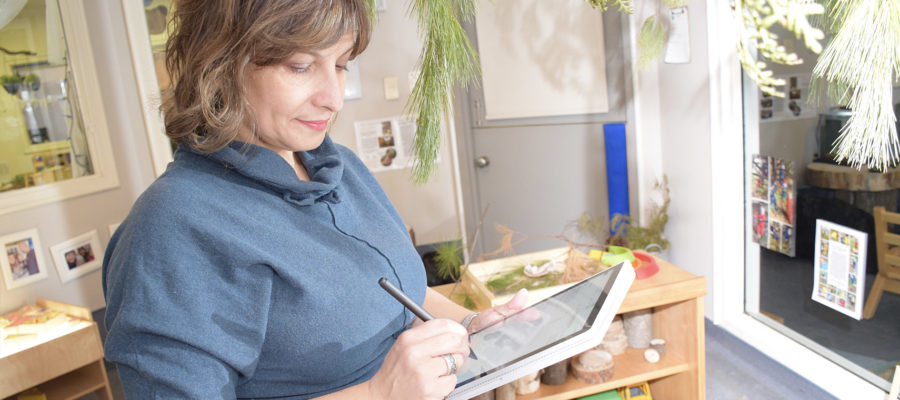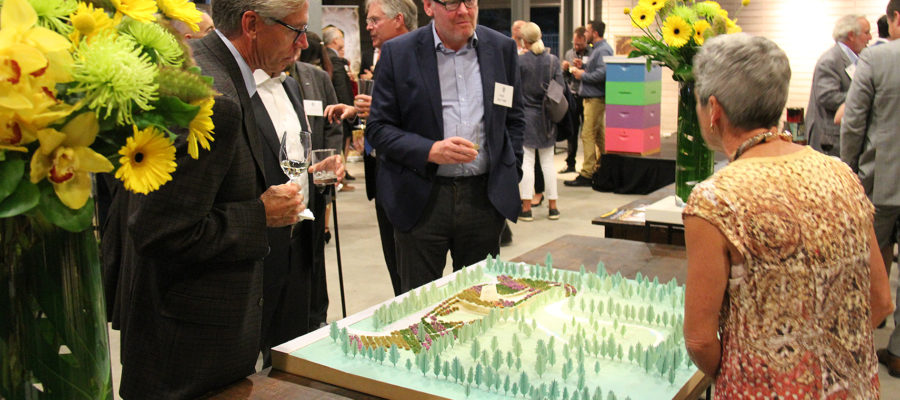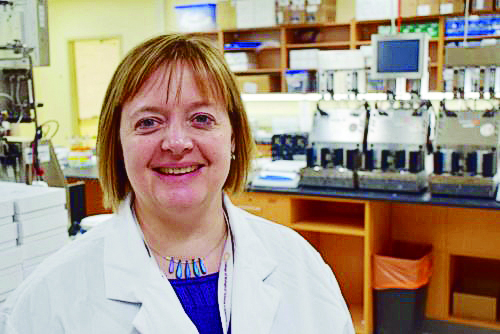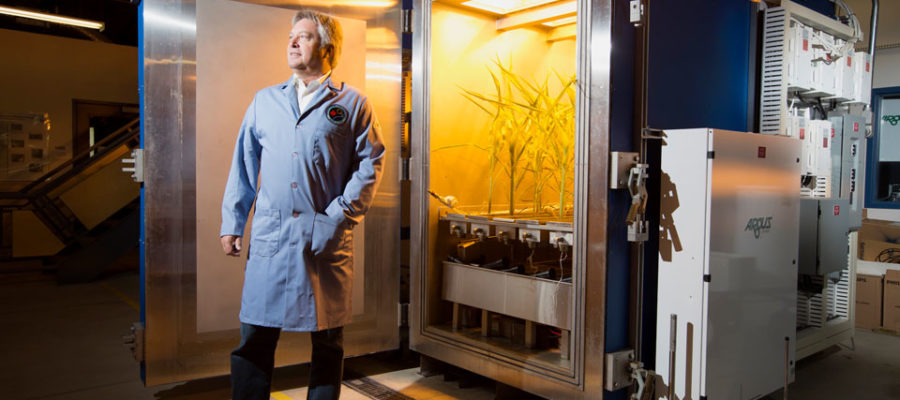Cancer treatment may become more effective thanks to University of Guelph physicists who have developed an innovative way to accurately target radiation therapy. Radiation therapy aims beams of intense energy at a tumour to kill cancer cells. But if the ultranarrow beam is aimed inaccurately, it can hit healthy cells and “underdose” the target tumour. Led
U of G researchers work to improve cancer treatments

